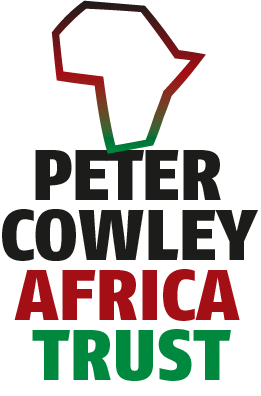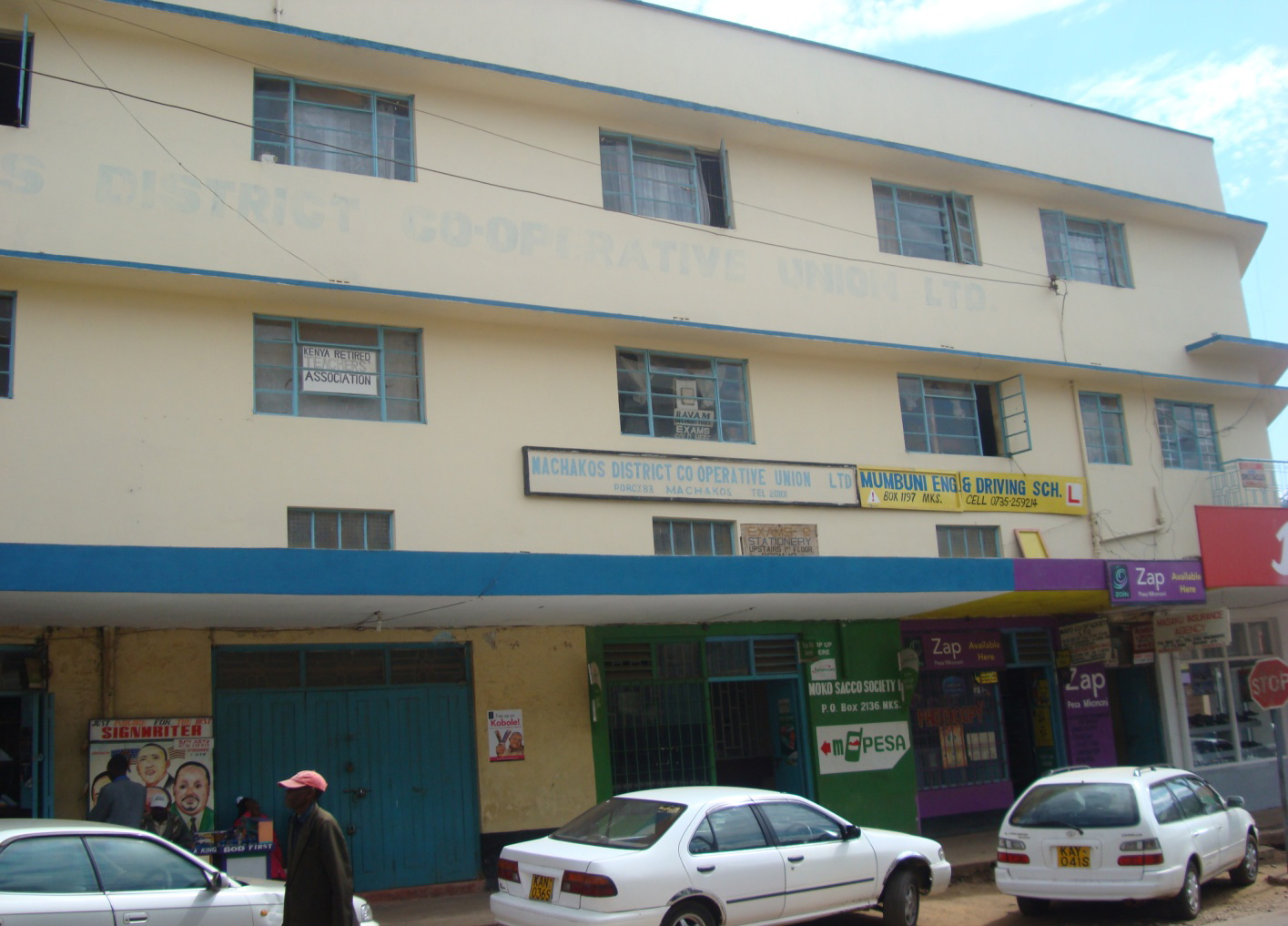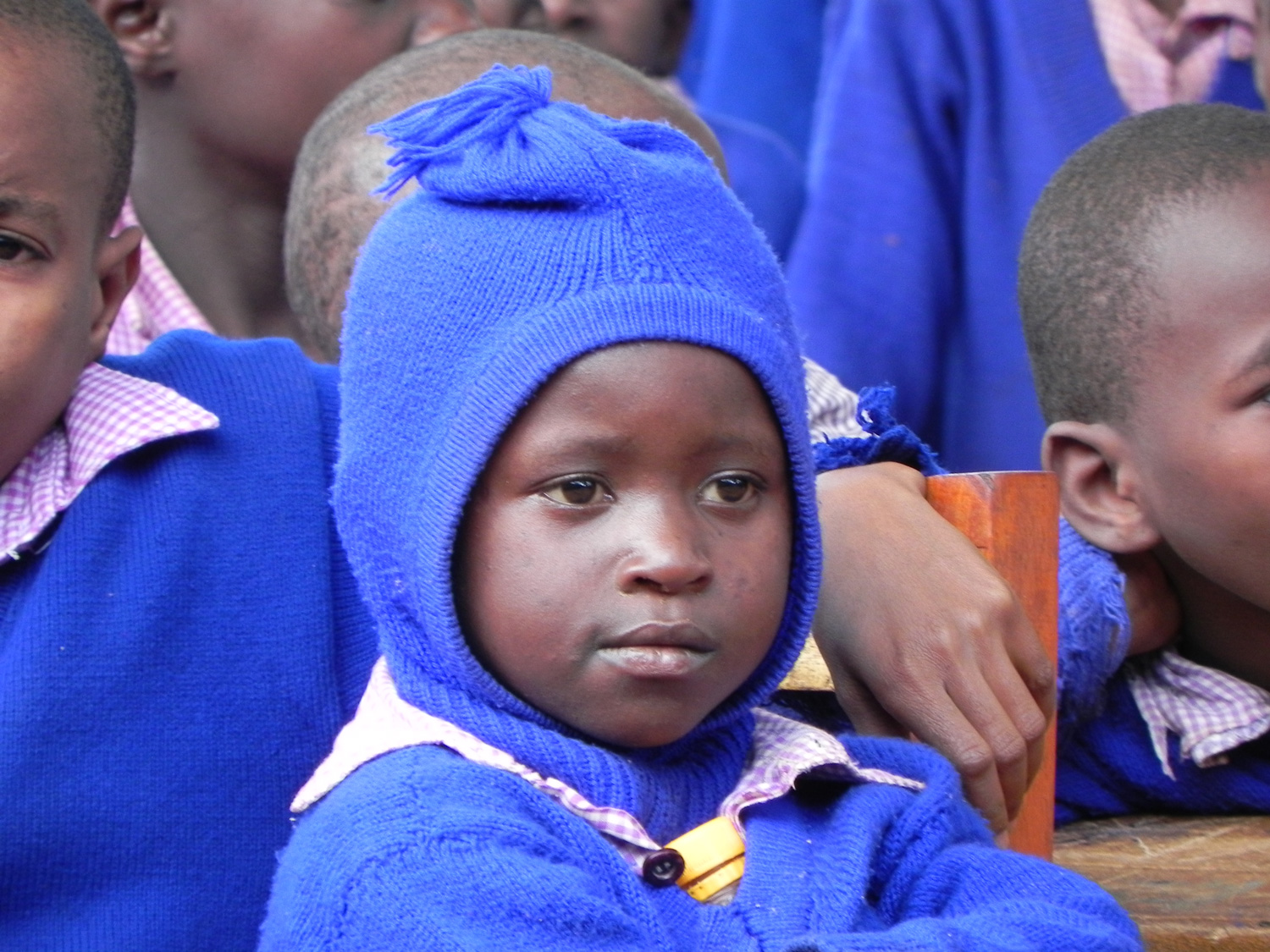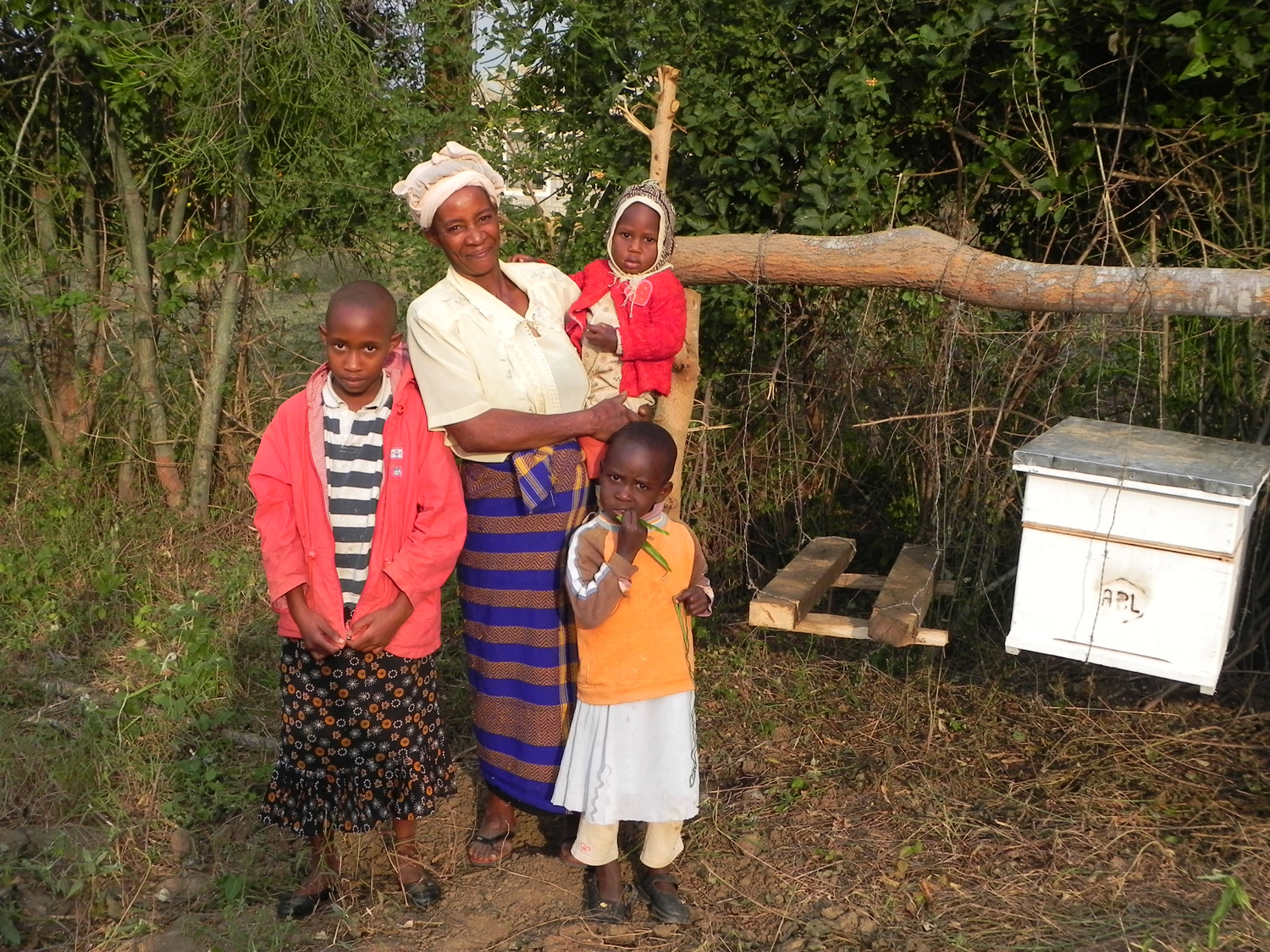



The Trust’s income is derived from investments and interest payments on deposits together with both regular and periodic donations. The Trust’s funds are invested in line with the Trust’s ethical investment policy and are underpinned by the four key principles outlined below:
PCAT works in partnership with two rural community-based development agencies in eastern Kenya: Njarange Area Project and Machakos Co-operative Union Ltd. More recently PCAT has developed a partnership with the Little Sisters of Francis, an indigenous Franciscan community working in the Kasarani area of Nairobi. In addition PCAT supports two specific secondary schools where two of the Trustees spent their gap years: Kegonge Secondary School and Kiamuya Secondary School. The partnerships are based on mutual respect and regular information exchanges. With most projects, local partners provide at least part of the funding, usually through the provision of labour or materials.

The head office Machakos Co-operative Union.
The partnerships with Njarange Area Project (Kenya) and Machakos Co-operative Union Ltd were developed when PCAT’s grant programme first started in the 1990s. The partnerships with the schools started in 2004 following a visit to Kenya by PCAT’s Trustees and meetings with the headteachers and governors at each of the schools. PCAT is committed to continuing these partnerships based on an agreed level of core funding.

Working together for a better future.
Relationships between PCAT and its partners are based on honest and transparent communication which has been developed through regular trustee visits to Kenya. These visits have helped to reinforce personal relationships and sustain commitment. The reciprocal nature of the relationship between PCAT and its partners is also reflected in the funding model. Usually projects are jointly funded so that the local community has an investment in the outcome.

Esther Paul, one of PCAT's partners in Machakos.
PCAT does not employ any staff. Funding proposals based around PCAT’s funding programmes are developed by the Trust’s partners in line with local priorities and submitted annually to the PCAT Trustees. A simple reporting format has been developed to ensure that project outcomes are tracked and reported to the trustees. The Trustees act as critical friends. Their role is to challenge and ask questions but not to initiate project proposals.
During the period over which PCAT has been developing these local partnerships additional links have developed. More…
PCAT works in partnership with two rural community-based development agencies in eastern Kenya: Njarange Area Project and Machakos Co-operative Union Ltd. More recently PCAT has developed a partnership with the Little Sisters of Francis, an indigenous Franciscan community working in the Kasarani area of Nairobi. In addition PCAT supports two specific secondary schools where two of the Trustees spent their gap years: Kegonge Secondary School and Kiamuya Secondary School. The partnerships are based on mutual respect and regular information exchanges. With most projects, local partners provide at least part of the funding, usually through the provision of labour or materials.

The head office Machakos Co-operative Union.
The partnerships with Njarange Area Project (Kenya) and Machakos Co-operative Union Ltd were developed when PCAT’s grant programme first started in the 1990s. The partnerships with the schools started in 2004 following a visit to Kenya by PCAT’s Trustees and meetings with the headteachers and governors at each of the schools. PCAT is committed to continuing these partnerships based on an agreed level of core funding.

Working together for a better future.
Relationships between PCAT and its partners are based on honest and transparent communication which has been developed through regular trustee visits to Kenya. These visits have helped to reinforce personal relationships and sustain commitment. The reciprocal nature of the relationship between PCAT and its partners is also reflected in the funding model. Usually projects are jointly funded so that the local community has an investment in the outcome.

Esther Paul, one of PCAT's partners in Machakos.
PCAT does not employ any staff. Funding proposals based around PCAT’s funding programmes are developed by the Trust’s partners in line with local priorities and submitted annually to the PCAT Trustees. A simple reporting format has been developed to ensure that project outcomes are tracked and reported to the trustees. The Trustees act as critical friends. Their role is to challenge and ask questions but not to initiate project proposals.
During the period over which PCAT has been developing these local partnerships additional links have developed. More…
 PETER COWLEY AFRICA TRUST IS A REGISTERED CHARITY NO: 1037257
PETER COWLEY AFRICA TRUST IS A REGISTERED CHARITY NO: 1037257